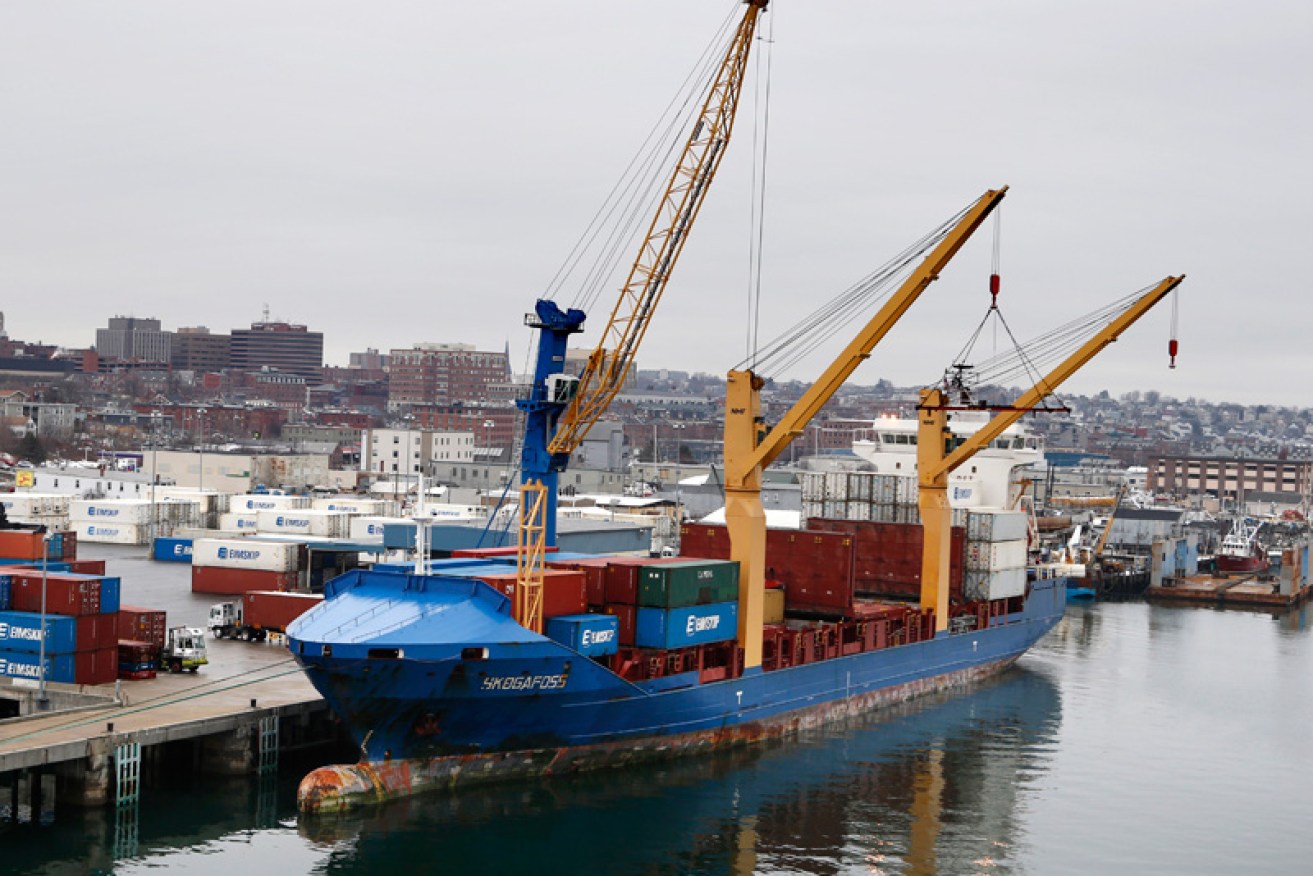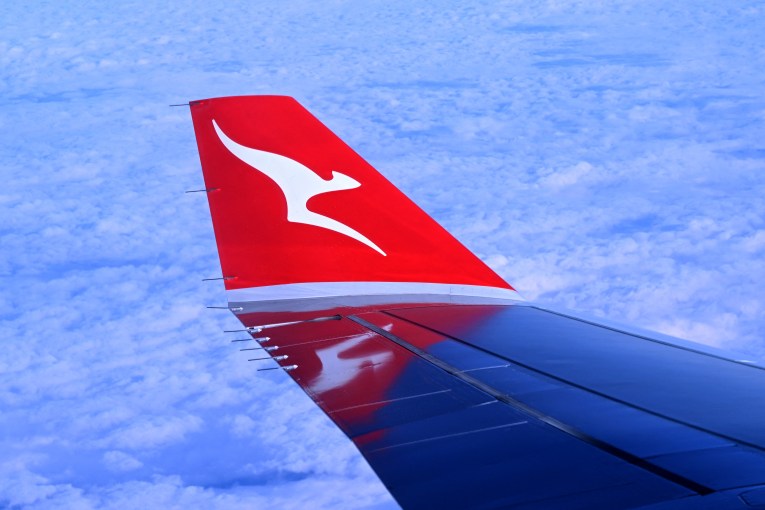TPP trade deal signed in Auckland


AAP
Trade ministers from Australia and 11 other nations officially signed up to the Trans Pacific Partnership free trade deal in Auckland on Thursday as part of a process that has been five years in the making.
The deal will link together 800 million people and 40 per cent of the world’s economy.
The signatories are the USA, Japan, Malaysia, Vietnam, Singapore, Brunei, Australia, New Zealand, Canada, Mexico, Chile and Peru. They now have another two years to get their legislators to sign off on the arrangements before it can be introduced.
• Markets recover after oil price rise, US rumours
• ANZ fee fight hits High Court
• Google the world’s largest company, thanks to you
Australia’s Trade Minister Andrew Robb was the first to put pen to paper and New Zealand Trade Minister Todd McClay was the last to initial the document to applause and cheers.
The formalities took place as several hundred protesters gathered outside the SkyCity Convention Centre, forcing police to block entrances to the building.
The protesters were vocal in their opposition to the deal, with many complaining about a loss of sovereignty. A small group blocked access to some motorways in the city.
That process of legislative approval could present difficulties, particularly in the US where there is considerable Congressional opposition to the deal.
However, President Barak Obama has pledged to push the deal through despite the distractions of the upcoming presidential election in that country.
In Australia, Labor, the Greens and the crossbenchers have expressed doubts about the deal, citing concerns about the inclusion of investor-state dispute settlement (ISDS) clauses, which corporations can use to sue federal and state governments if laws are enacted that adversely affect them.
The Greens said in a statement that they “oppose the Trans Pacific Partnership Agreement (TPPA) and similar deals that are negotiated in secret, empower corporations to sue governments, or that threaten Australia’s labour, health or environment laws; and call on the Australian parliament to reject the TPPA”.
Trade specialist from the University of NSW Business School’s Tim Harcourt supported the deal, saying “the new TPP deal puts Asia Pacific region front and centre of the global economy for the 21st century and will create the world’s biggest free trade area”.
High import tariffs for food in other countries will be lowered which is good for a major food exporter like Australia, Mr Harcourt said.
“Japan has made major concessions to lower tariffs and reduce non-tariff barriers,” he said. “It will also make Aussie and New Zealand cheese cheaper in Canada. Australian architects will be more competitive in Singapore and Japanese auto components will be cheaper in Mexico.”
The danger that Australia’s Pharmaceutical Benefits Scheme would be damaged y a push for longer lasting drug patents has been removed after trade minister Andrew Robb refused to succumb to pressure on the issue, Mr Harcourt said.
The deals have a strong political element and the TPP is in part a move by America and Japan to flex their political muscle against China in East Asia, Mr Harcourt said.
-with AAP








